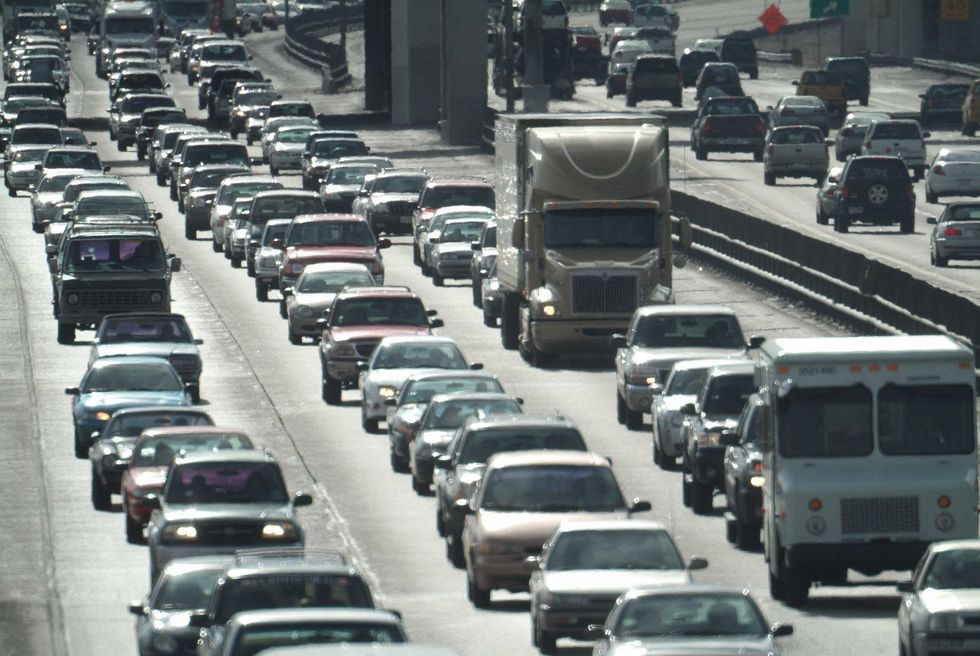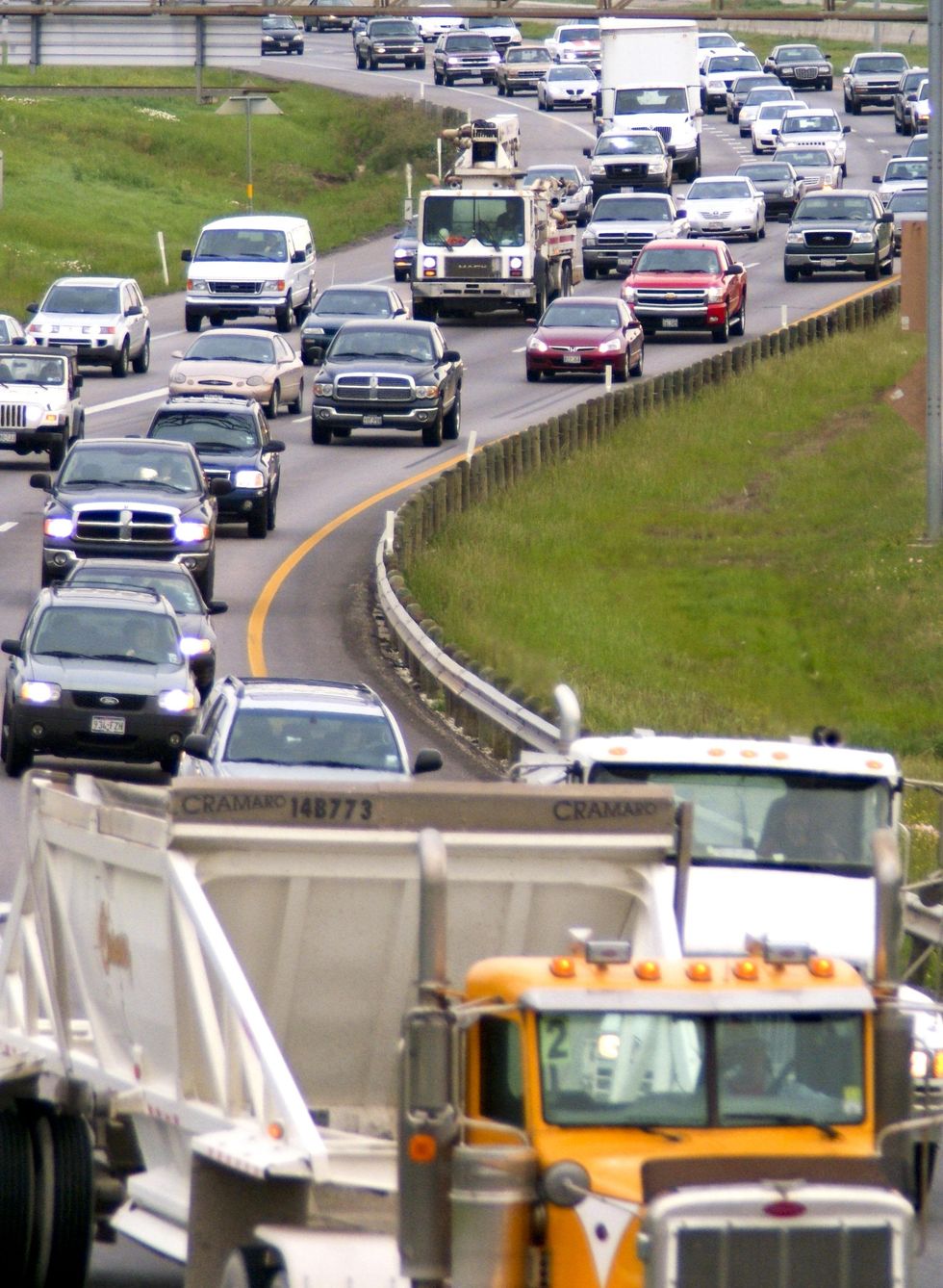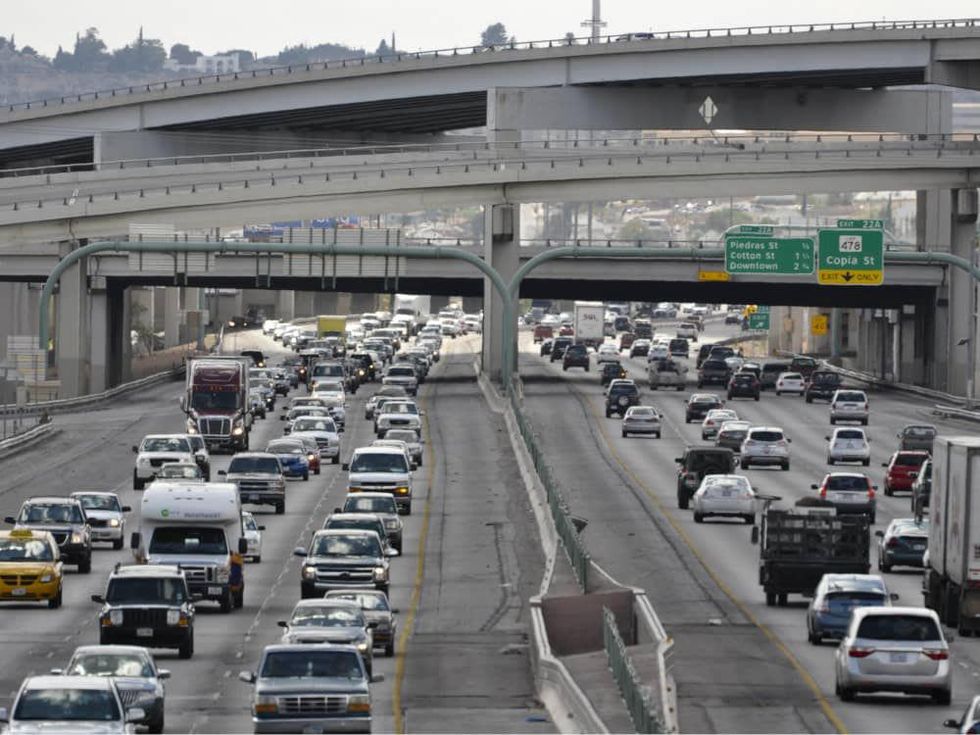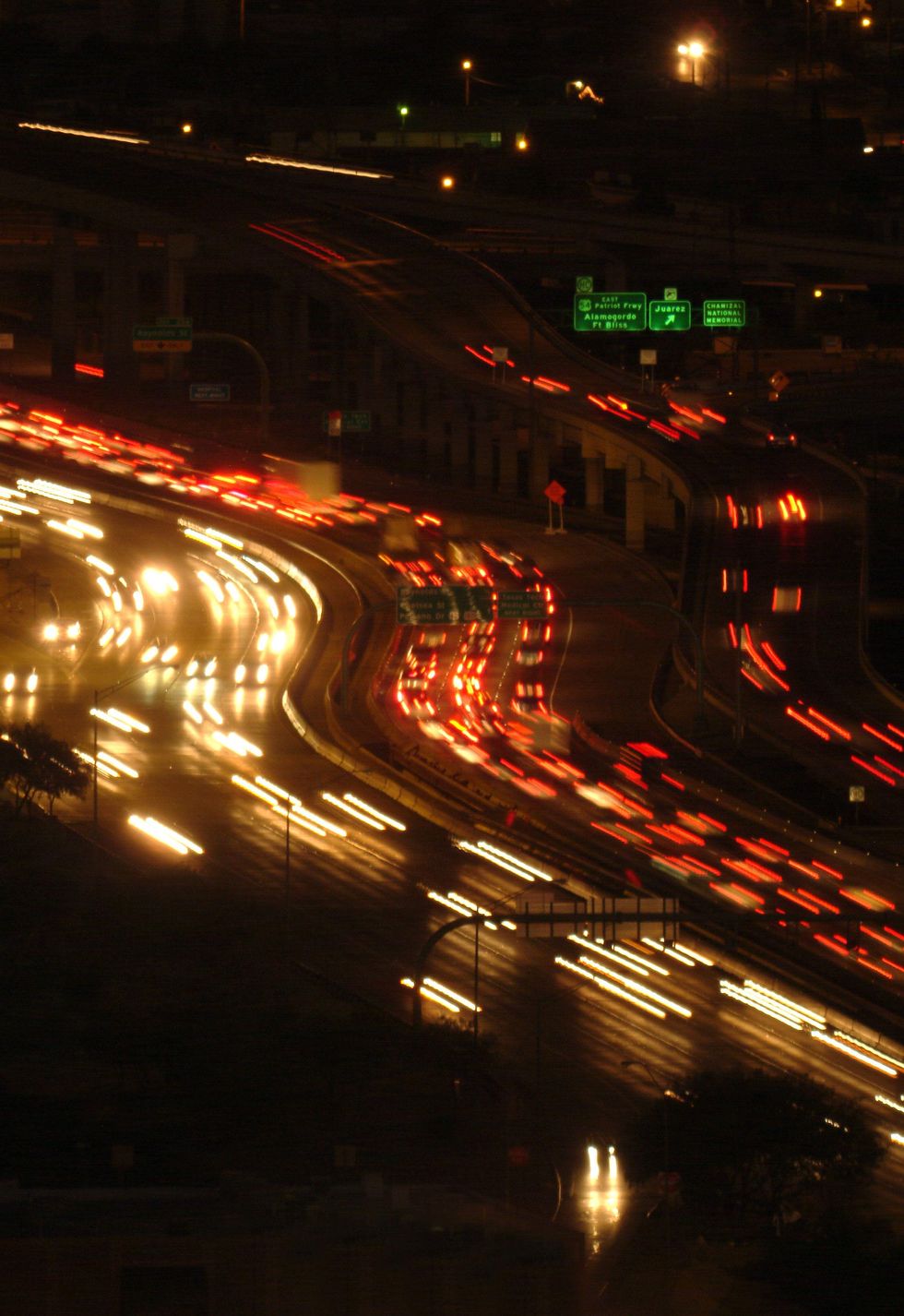Thomas O. Hicks, legendary Texas businessman, philanthropist, mentor, and devoted husband and father, died in Dallas on December 6, surrounded by his family; he was 79.
Hicks was widely regarded as a pioneer in American business, reshaping private equity and introducing strategies that influenced an entire generation of investors. He co-founded Hicks & Haas in 1984, where he executed landmark deals including the transformative Dr Pepper/7UP merger. He later co-founded Hicks, Muse, Tate & Furst in 1989, which grew into one of the largest private equity platforms of its era, completing major transactions across consumer products, broadcasting, and food and beverage.
More importantly, Hicks was known for his integrity, generosity, and loyalty in business—qualities that shaped every partnership he formed and every life he touched.
Longtime friend and peer in Dallas business community Richard Fisher reflected on this spirit, saying, “Tom Hicks was a legend in finance who perfected the leveraged buyout and pioneered the ‘buy and build’ strategy by creating one of the world’s largest beverage companies. Best of all, he was a devoted, constant friend who supported me with gusto when I ran for the U.S. Senate, even though we were from different parties. A man is measured by his affection for and unflinching support of family and friends. At this, Tom was a true champion.”
Hicks’s influence extended well beyond business. A passionate sports fan, he owned and chaired the Dallas Stars from 1995–2011, guiding the club to multiple division titles, two Presidents’ Trophies, and the 1999 Stanley Cup Championship. He also owned the Texas Rangers from 1998–2010, leading the team to three American West Division titles and a World Series appearance.
In 2007, he acquired a 50% stake in Liverpool F.C., making him one of the few individuals to hold simultaneous ownership across NHL, MLB, and Premier League organizations.
“Tom was a close friend and a great partner. He dreamed big and watching him bring the Stanley Cup here to Dallas was something that I will always cherish,” said Dallas Cowboys Owner, President and General Manager Jerry Jones. “Tom was a champion for sports, and we had the same vision for Arlington—to make it a destination where fans could feel the heartbeat of our teams and our community together. Being shoulder to shoulder with him was always about more than ballparks and stadiums, though. It was about personal respect, trust and friendship. We shared a lot of miles together, and I’ll miss him greatly. My heart goes out to his family.”
He also made extraordinary contributions to the city of Dallas, helping shape the region’s cultural, educational, and civic landscape across decades. Hicks played an instrumental role in the development and planning of the American Airlines Center, which opened in 2001, and contributed significantly to the Santiago Calatrava–designed Margaret Hunt Hill Bridge spanning the Trinity River.
He also supported education initiatives across North Texas, including the land donation that became Tom Hicks Elementary in the Lewisville Independent School District.
Reflecting on Hicks’s profound impact on the city he loved, Ross Perot Jr. said, “Tom Hicks was an innovative businessman and a pioneer in private equity. He combined his commitment to business and sports through his ownership of the Stars and the Rangers. Tom was dedicated to Dallas and, as a partner in the American Airlines Center, helped revitalize an important part of downtown. He was a great partner and a longtime friend, a man of vision and courage who loved his country and Texas. He played a meaningful role in building our great city, and he will be remembered with gratitude.”
In addition to his business and civic achievements, Hicks remained deeply involved with the University of Texas, where he served on the Board of Regents from 1994 to 1999 and helped establish UTIMCO, now the largest public university endowment in the country—an accomplishment he regarded as one of the most meaningful contributions of his professional life.
Hicks also served his country. He was a paratrooper in the Army Reserves and later served as a presidentially appointed Commissioner of the American Battle Monuments Commission, which oversees U.S. military cemeteries and memorials around the world.
Yet above all his accomplishments, Hicks will be remembered most for his profound love of family. Known by those close to him for his humor, intellect, and steadfast leadership, Hicks treasured time with his children and grandchildren above all else. He is survived by his beloved wife of 35 years, Cinda Cree Hicks; his six children—Thomas Ollis Hicks Jr., Mack Hardin Hicks, John Alexander Hicks, Robert Bradley Hicks, William Cree Hicks, and Catherine Forgrave Hicks. He was a much-loved father-in-law to Alexandra, Stacy, Portia, Rachel, Paige, and Rick. Finally, his greatest joy was his grandchildren, all fourteen and counting: John, Jet, Isabella, Eloise, Annabelle, Gigi, Mack Hardin Jr., Scarlett, James, Lincoln, Jake, Hawk, Campbell, and Nancy.
His six children collectively shared, “Of everything he accomplished in his remarkable life, Tom Hicks’s most cherished title was, ‘Dad’. No matter the trials and tribulations he faced in life, he was constant in his generosity and love for his family. He remains a guiding force for our family, and we are deeply honored to continue expanding his legacy. Although we are devastated by this loss, we are profoundly grateful to have been his children.”
Services are pending, and additional information will be provided as arrangements are finalized.





